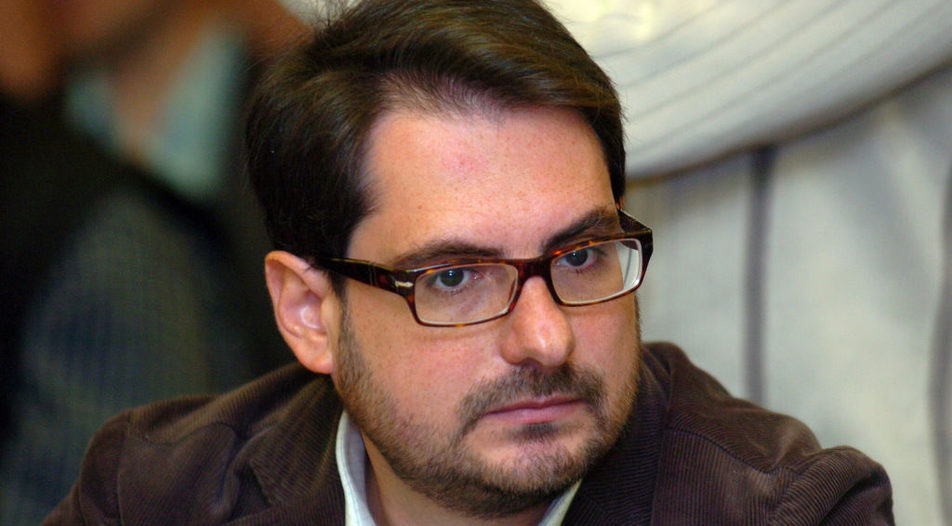The number of Bulgarians declaring they are unhappy has decreased since 2008, while those who reported being rather satisfied with their lives has increased significantly, the 2018 European Values Study shows. Recent research shows that this change is the main factor behind the people's evaluation of institutions and their voting preferences.
Against this positive backdrop, there is a notable solidification of democratic views in 2018 in comparison to 2008. If ten years ago 64% of interviewed Bulgarians assessed democracy as a "very good", or a "rather good" form of government, in 2018 their share has increased to 82%, according to (the name of the survey?).
The percentage of those who consider democracy as "bad", or "very bad", has fallen drastically - from 16% to 6%. Simultaneously, those who judge it to be "very good", increased from 20.9% to 46.9%. As such, democracy has been solidified in society's perception and has become the only game in town.
Bulgarians deem free elections and the defense of basic rights as underlying characteristics of democracy. These two concepts, in addition to equality between sexes, represent a de facto consensus in Bulgarian society, which is an indicator of a high degree of internalization of basic democratic values.
Although democracy is perceived as having no alternative, the trust in key democratic institutions - political parties, parliament, and government - remains slender. Generally, the results from Bulgaria fit in with the prevalent European picture of scant trust in parties and national parliaments. In Bulgaria, this consists of a low level of trust in non-representative institutions, such as the judiciary. In contrast to Western European countries, Bulgarians' trust in EU institutions is higher than the trust placed in national institutions, despite the fact that the numbers indicate slight erosion in comparison to 2008.
The combination of a highly positive evaluation of basic democratic principles (free elections and rights) and low trust in parties and parliament, incites desire for experimentation with strong leaders who would not bother with parliamentary elections. In general terms, these attitudes have retained dynamics similar to 2008 - 51% of people continue to view a strong leader as a "very good", or a "rather good" idea. Despite the internalization of democratic principles, institutionalization of the political system is poor and society is not satisfied with the existing political parties and representation. Society's eagerness to experiment with new leaders results in frequent early elections, political instability, waves of protests and a general volatility in politics.
In political terms, centrist parties have seen a decline in support since 2008, while those who identify themselves as right-wing, and to an extent left-wing, have gained favor. This change is an indicator of growing political polarization, a consequence of the disappearance of the liberal National Movement for Stability and Progress (NDSV), as well as the positioning of the governing GERB party to the right. Paradoxically, despite the 2013 protests against the then GERB government, there is no discernible growth in the percentage of protest participants. One explanation is that the active part of society is a constant, while the effectiveness of its actions varies according to factors beyond the number of activists - the quality of the message, the reaction of the parties, the media, and other external circumstances. * Daniel Smilov is is associate professor at the Political Science Department, Sofia University Saint Kliment Ohridski and program director at the Centre for Liberal Strategies in Sofia.
The number of Bulgarians declaring they are unhappy has decreased since 2008, while those who reported being rather satisfied with their lives has increased significantly, the 2018 European Values Study shows. Recent research shows that this change is the main factor behind the people's evaluation of institutions and their voting preferences.
Against this positive backdrop, there is a notable solidification of democratic views in 2018 in comparison to 2008. If ten years ago 64% of interviewed Bulgarians assessed democracy as a "very good", or a "rather good" form of government, in 2018 their share has increased to 82%, according to (the name of the survey?).












